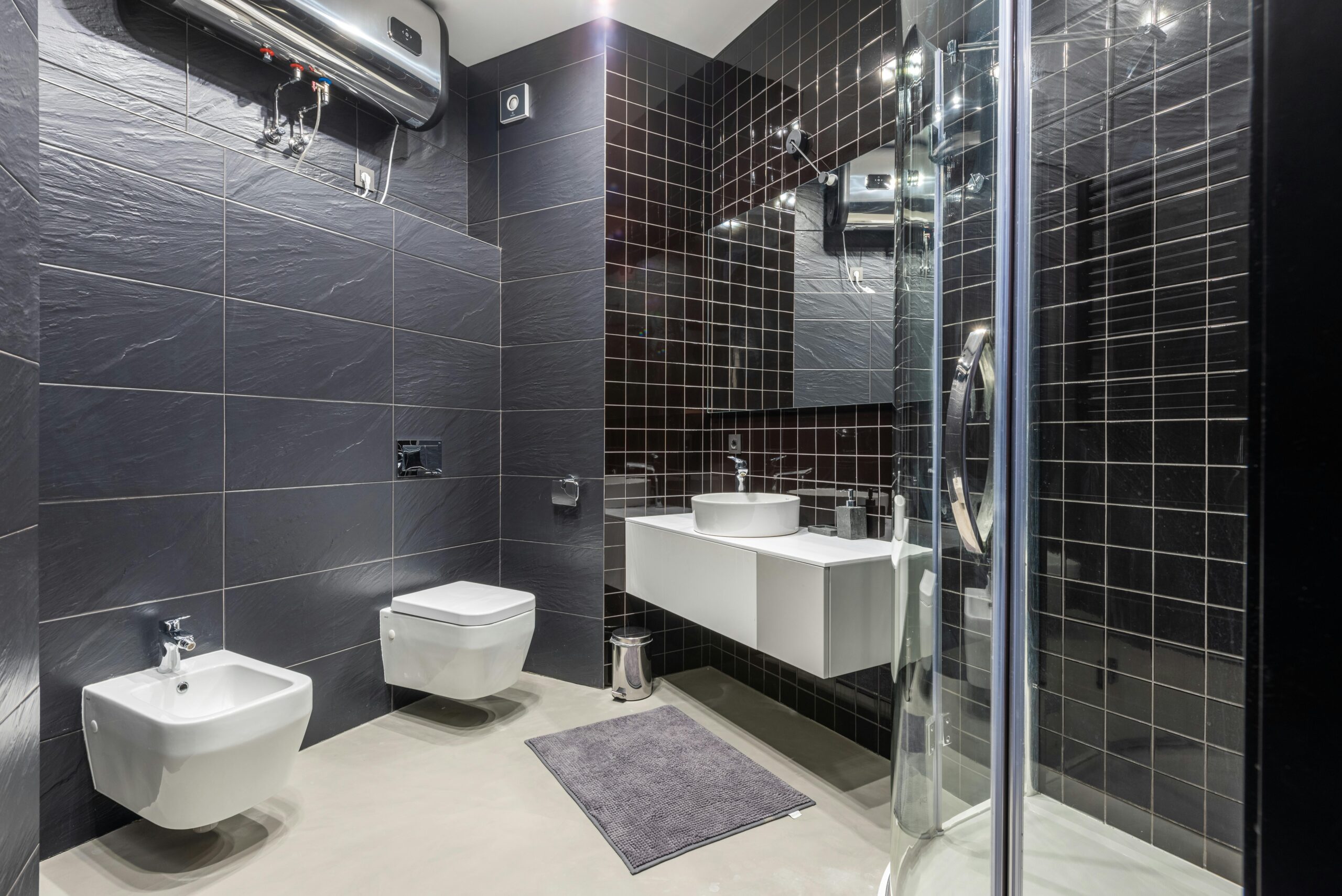Choosing the right water heater for your property is a critical decision that impacts comfort, energy consumption, and operational costs. This post addresses water heater selection tailored for both residential plumbing and commercial water heaters, with a focus on properties in New Jersey. Understanding these factors helps identify the most suitable options for different applications.
- Water heater selection depends on property size, usage demands, and local climate considerations.
- Residential plumbing typically favors tank-based or tankless units designed for moderate daily hot water needs.
- Commercial water heaters require higher capacity systems, often with advanced features for energy efficiency and durability.
- Energy efficient water heaters reduce long-term operating costs and environmental impact.
- Consulting a licensed NJ plumbing service ensures compliance with local codes and proper installation.
Introduction
Water heaters are essential components for residential and commercial properties, providing reliable hot water for daily activities and business operations. The choice of water heater impacts energy use, maintenance requirements, and overall system lifespan. In New Jersey, where seasonal temperature variations can be significant, selecting an appropriate water heating system requires evaluation of several factors, including property type, usage patterns, efficiency ratings, and local regulations. This guide outlines the main considerations involved in water heater selection, aiming to support informed decision-making for property owners and facility managers alike.
Why Water Heater Selection Matters
Choosing the right water heater affects comfort, cost efficiency, and environmental impact. An undersized unit will fail to meet hot water demand, causing inconvenience and operational disruption, particularly in commercial settings. Oversized units may increase upfront costs and energy consumption unnecessarily. In residential plumbing, the choice influences daily convenience for households, potentially affecting energy bills over time. Selecting a water heater compatible with property requirements and climate conditions is essential to maximize performance and minimize ongoing expenses.
When Water Heater Selection Is Important
Water heater selection is crucial during new property construction, system upgrades, or replacement of aging units. Changes in occupancy, property use, or energy cost considerations may also drive re-evaluation. For commercial installations, compliance with health and safety codes is mandatory, and proper water heater capacity and type influence operational success. In New Jersey, cold winters increase heating demand, making energy-efficient solutions especially relevant. Timely assessment during installation or replacement projects ensures the system aligns with current and future requirements.
Who Needs to Consider Water Heater Selection
Property owners, facility managers, contractors, and plumbers all play roles in water heater selection. Residential homeowners planning renovations or new constructions benefit from understanding available options and their suitability. Commercial enterprises, such as restaurants, hotels, and office buildings, require tailored solutions to meet high hot water demands throughout the day. Licensed NJ plumbing service providers offer expert guidance on product selection, installation, and maintenance consistent with state regulations and industry best practices.
Main Section: Water Heater Types and Considerations
Definitions of Water Heater Types
Water heaters generally fall into two main categories: tank and tankless systems. Tank water heaters store a fixed amount of hot water in an insulated tank, continuously heated and available for use. Tankless water heaters, also known as on-demand systems, heat water only when required, eliminating standby heat loss.
Additional variants include heat pump water heaters, which extract ambient heat to warm water efficiently, and solar water heaters that use solar energy to reduce reliance on grid electricity. Commercial water heaters are often larger-capacity or specialized systems designed to support higher volumes and continuous use.
Examples and Applications
In residential plumbing, common options include traditional gas or electric tank water heaters ranging from 30 to 80 gallons, well-suited for typical household hot water needs. Tankless water heaters have gained popularity for their space-saving design and energy efficiency, ideal for smaller homes or supplemental hot water supply.
Commercial water heaters include larger storage tanks capable of hundreds of gallons, or modular tankless systems that can be scaled based on demand. Industries such as healthcare, hospitality, and food service require robust water heating capable of sustained high throughput. Advanced control systems and energy-efficient technologies are increasingly integrated to reduce operational cost.
Market Context in New Jersey
In New Jersey, energy efficiency standards and building codes influence water heater selection. Incentives and rebates for energy-efficient water heaters may be available through state and local programs. The regional climate, with cold winters and variable humidity, increases importance of reliable and efficient water heating solutions. NJ plumbing service professionals provide assessments, installation, and maintenance aligned to local code requirements and energy guidelines.
Risks and Considerations
Incorrect water heater selection can lead to inadequate hot water supply, high energy costs, and frequent maintenance issues. Oversized water heaters waste energy through standby losses, while undersized units cause performance shortfalls. Compatibility with fuel source availability (natural gas, electric, propane) is another critical factor. Installation errors or failure to follow NJ plumbing codes pose risks for leaks, water damage, or safety hazards such as scalding or gas leaks. Professional assessment and installation mitigate these risks.
Benefits of Energy Efficient Water Heaters
Energy efficient water heaters contribute to reduced utility costs and lower environmental impact. Technologies such as condensing gas water heaters, heat pump units, and solar integration offer substantial energy savings. Improved insulation and advanced thermostatic controls optimize operation. In both residential and commercial contexts, investing in energy-efficient models aligns with sustainability goals and can provide long-term financial returns.
Summary
Water heater selection for residential and commercial properties in New Jersey requires careful evaluation of property size, hot water demand, energy efficiency, and compliance with local regulations. Both tank and tankless systems offer advantages dependent on usage and space. The use of energy-efficient water heaters provides cost savings and environmental benefits important in the regional climate. Professional NJ plumbing service providers ensure appropriate system selection and installation, minimizing risk and optimizing performance.
For detailed guidance and expert assistance in selecting and installing the right water heater for your property, visit Pipe Masters Plumbing.


0 Comments